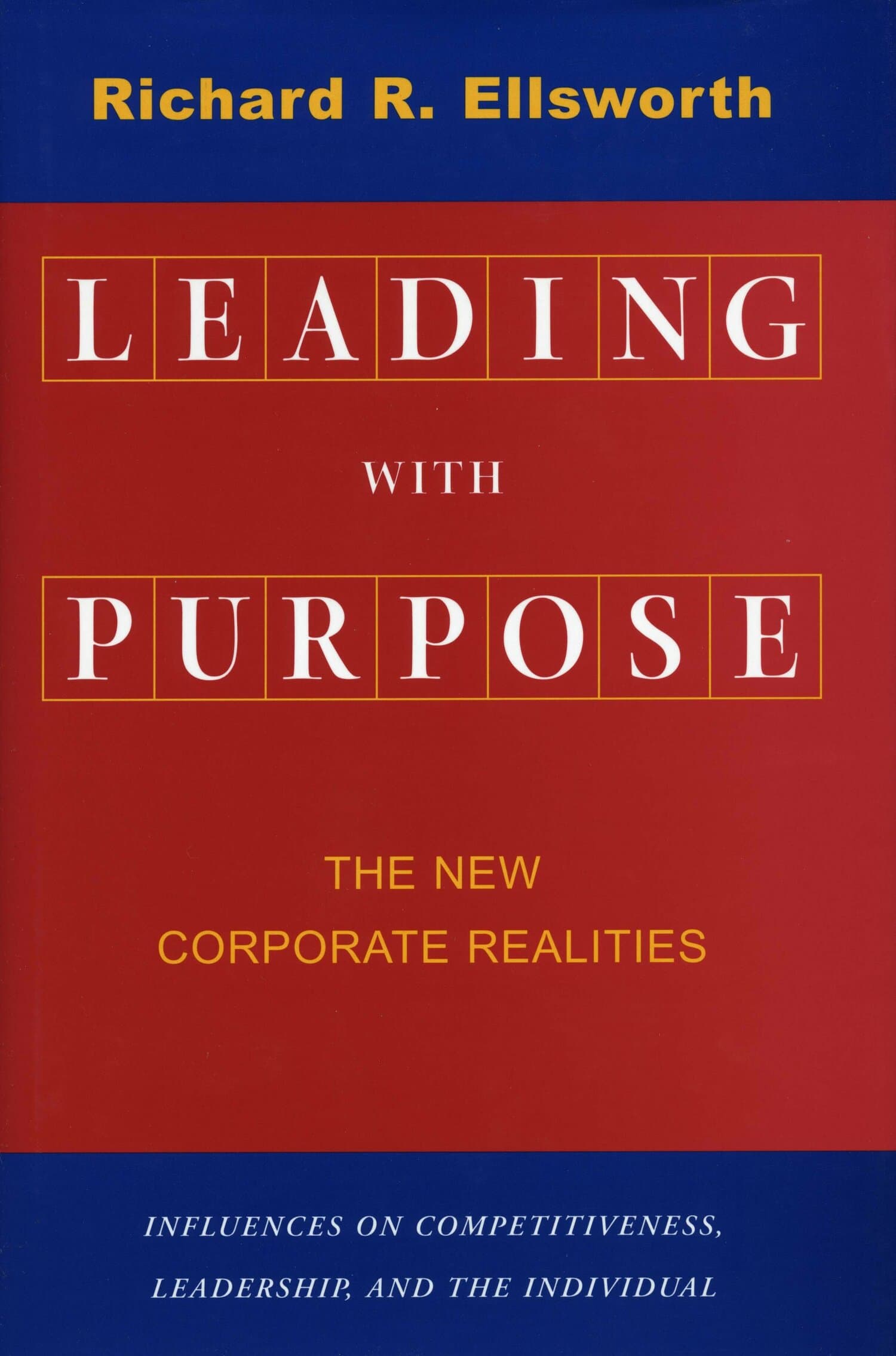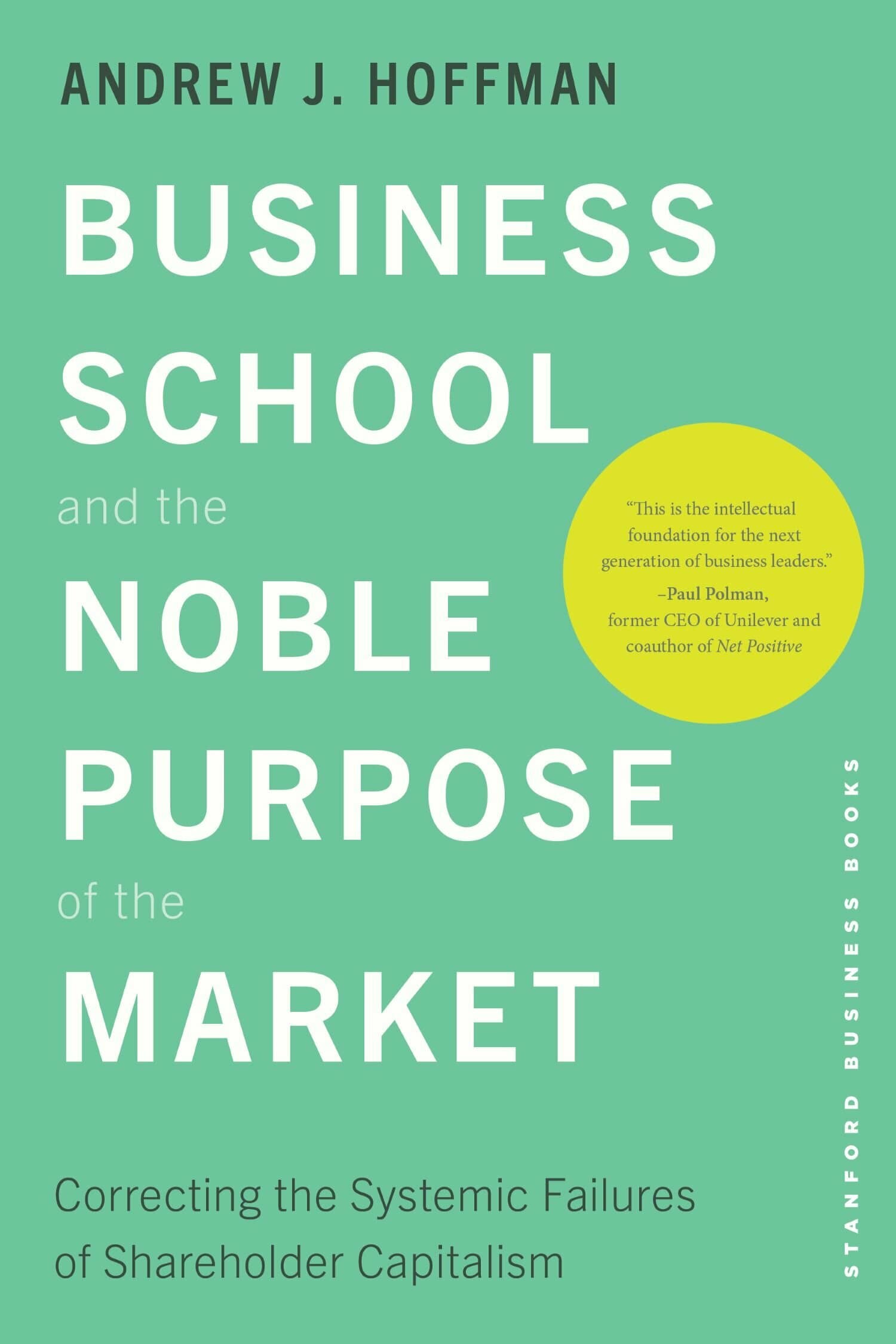The 360° Corporation
Award Winner
2023: Responsible Research in Management Award
Winner of the 2023 Responsible Research in Management Award, sponsored by the Academy of Management Fellows and the Responsible Research in Business and Management (RRBM).2022: SIM Best Ethics Book Award
Finalist of the 2022 SIM Best Ethics Book Award, sponsored by the Academy of Management (AOM) - Social Issues in Management section (SIM).2020: PROSE
Finalist of the 2020 PROSE Awards: Business, Management & Finance, sponsored by the Professional and Scholarly Publishing Division, Association of American Publishers.

Companies are increasingly facing intense pressures to address stakeholder demands from every direction: consumers want socially responsible products; employees want meaningful work; investors now screen on environmental, social, and governance criteria; "clicktivists" create social media storms over company missteps. CEOs now realize that their companies must be social as well as commercial actors, but stakeholder pressures often create trade-offs with demands to deliver financial performance to shareholders. How can companies respond while avoiding simple "greenwashing" or "pinkwashing"? This book lays out a roadmap for organizational leaders who have hit the limits of the supposed win-win of shared value to explore how companies can cope with real trade-offs, innovating around them or even thriving within them. Suggesting that the shared-value mindset may actually get in the way of progress, bestselling author Sarah Kaplan shows in The 360° Corporation how trade-offs, rather than being confusing or problematic, can actually be the source of organizational resilience and transformation.
"There is a burning need for companies to engage with a variety of stakeholders, but doing so is costly and creates thorny tradeoffs. So how do we do it? This profoundly important book provides a fresh perspective on that question. It's a brilliant, indispensable guide for business leaders—and anyone else hoping to shape the role of corporations in society."—András Tilcsik, Canada Research Chair in Strategy, Organizations, and Society, University of Toronto
"Bestselling author and award-winning researcher Sarah Kaplan offers a wise guide for business leaders facing apparently impossible demands and tough choices in their environments today. Rather than simply looking to manage trade-offs or seeking fast win-wins, she reveals how companies can take a more difficult but ultimately transformational path: embracing the tensions to co-create new models with their key stakeholders."—Tanya Menon, co-author of Stop Spending, Start Managing: Strategies to Transform Wasteful Habits
"As business leaders, we evaluate and make trade-offs every day. Kaplan has prepared a cogent guidebook to help turn these events into strategic opportunities to capture value. The 360° Corporation outlines the critical criteria and a process of inquiry needed to make better business decisions, especially in today's ever-changing stakeholder environment."—Dave Stangis, Chief Sustainability Officer and Vice President of Corporate Responsibility, Campbell Soup Company, Entrepreneur-in-Residence and Senior Fellow in Social Innovation at Babson College
"Using organizational realities, this book puts leveraging tradeoffs instead of romanticizing shared values at the center stage of managerial decision-making. The 360° Corporation offers rare insights on how to combine humility, inspiration, and aspiration in business. A must-read for anyone interested in the potential of companies to do more than generate profits."—Johanna Mair, Professor at the Hertie School of Governance, Co-Director of the Global Innovation for Impact Lab, Stanford Center on Philanthropy and Civil Society
"Today, sustainability is on the agenda in every boardroom. Most executives have come around to the idea that corporations need to do more than just maximize profit—but they don't know how. Sarah Kaplan's book provides a clear roadmap to this goal. As she says, there are no simple solutions here; however, she sets out the tensions and trade-offs with clarity and with many fascinating examples. This book is essential for executives and advisors who are looking to take corporate purpose and sustainability seriously."—Julian Birkinshaw, Professor and Deputy Dean, London Business School
"The 360° Corporation does not dodge the question of cost. Rethinking business models and experimenting withinnovation can be hugely expensive—there is no easy way to become a '360°' corporation....But for those keen to try, with Kaplan's detailed guidelines and compelling examples of how companies such as Nike have benefited themselves and stakeholders with this approach, what is left, as she says, is 'a leap of faith.'"—Antonia Cindy, Financial Times
"[This] book achieves the goals it sets out elegantly. For those interested in an overarching, approachable, and engaging overview of corporate social responsibility, and particularly a stakeholder approach, this is a great read. I would highly recommend it to managers and students who are struggling with how to approach managing for stakeholders while keeping an eye on the bottom line."—Jeffrey G. York, Administrative Science Quarterly




